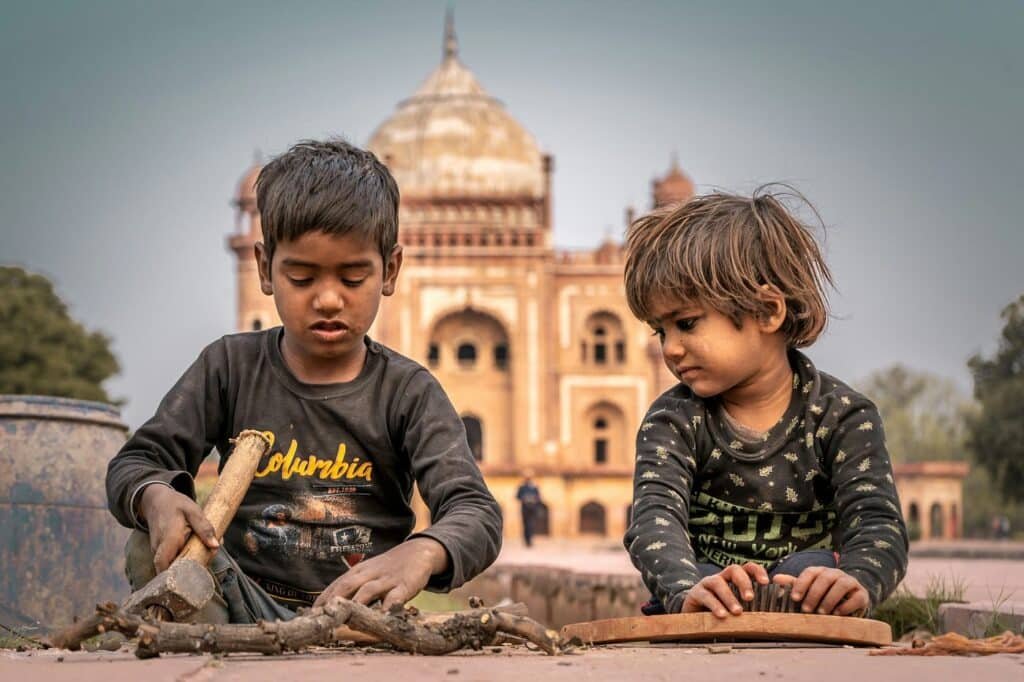
Of the many fault lines running through today’s social fabric, none is more contested than the shame we attach to welfare. It is a polarizing issue that has divided people having 2 different narratives regarding welfare. For some people welfare leads to shame and guilt feelings for those who are receiving it or welfare users. While for other people, it is not at all shame but according to them welfare is designed to be a lifeline or a safety net for the people who deserve it or are needy. But at the heart of this debate regarding welfare lies the real question that: should people feel ashamed for accepting government assistance & welfare or not?
Welfare is a government assistance program that has many different structures and forms but is mainly designed or created to help and assist those people and families who are struggling physically and financially so that they are also able to live a good life and have access to basic human resources. Welfare is more than a pol icy, it is a safety net or a lifeline as this assistance includes welfare, food, medical aid, housing support programs & unemployment benefits etc. The main purpose of these programs is to ensure basic human needs are met especially in times of crisis, to reduce poverty & inequality. But despite of their intended purpose, welfare programs are defamed and are tied to the word “shame”, as it carries and unwanted emotional burden.
The stigmatization and stereotyping are the major causes of the sense of shame that welfare users often feel. Today the popular culture & political rhetoric portrays welfare receivers as lazy, careless & dependent. So, all these misconceptions and misunderstandings leads to reinforcement of public judgement and mistrust due to to which welfare receivers feel ashamed of their situation. Most of the people receiving government aid experience the feeling of failure & inadequacy, which automatically leads to a sense of disappointment with their oneself and self-blame which further hypes up the guilt feelings as today, modern societies have tied the success with self-reliance, which further triggers the guilt of assistance receivers. The cultural ideals and beliefs of independence & hardworking further makes it hard for the aid receivers to talk openly about the assistance as they feel more pressured and ashamed while talking about it openly, fearing that others will misjudge then=m and will make fun of their situation , so this all leads to a sense of powerlessness and humiliation for welfare aid receivers and deepens their emotional toll.
As everyone in today’s world everyone does not have access to equal opportunities, advantages or money so, welfare or government assistance exists as a lifeline & safety net for those who are needy. One of the most important shields against feeling ashamed or guilty for receiving assistance or aid is recognizing the severe economic inequality or income disparity. Welfare, most of the times act as a temporary bridge, designed to help people regain their stability. Mostly the welfare receivers are people with illness, unemployment or economic downturns. So, the main goal of the welfare programs is to help people during their crisis or challenging times until they can reclaim their financial independence. People shouldn’t feel bad about asking help when they need it because they have already contributed to society, paid taxes and worked for the government before they were in financial crisis or difficulty so, it doesn’t make sense to feel guilty about using a temporary resource which is meant to be used in times of crisis as they have earned the right to benefit from the system they helped sustained. Welfare programs are designed to help & assist the needy people or the ones passing through difficult times, as life is unpredictable and people’s condition can change anytime and no one is exempt from hardship so, everyone should accept oneself and ask for help when in times of crisis.
Welfare, basically is a evidence of a society’s willingness to stand by its citizens and assist them in times of crisis by providing them basic human resources& needs, it is not a symbol of weakness and the word “shame” when ties to welfare, serves no fruitful purpose instead it discourages people to lend or ask for help in their difficult time & when they need it the most. To address this problem, an honest acknowledgement of inequality & empathy is needed which leads to the elimination of such stigma & moral judgement from public assistance & society. We should also create a setting where people who are passing through crisis and are in need should openly ask for assistance without even feeling guilty or ashamed about it. For this we should address the root cause of poverty and should strengthen the safety net. Only we can replace this judgement with understanding, and transfer welfare from a source of stigma into a symbol of solidarity
Write By: MALAIKA KHAN

